David Watkins (CEE/SFI) is the principal investigator on a project that has received a $190,764 research and development grant from the National Science Foundation (NSF).
The project is titled “RAPID: COVID-19, Consumption, and Multi-dimensional Analysis of Risk (C-CAR)“. Chelsea Schelly (SS/SFI), Robert Handler (ChE/SFI) and Charles Wallace (CS/SFI) are co-PIs on this one-year project.
Extract
The COVID-19 pandemic has transformed household dynamics and dramatically changed food, energy, and water consumption within the home. Stay-at-home orders and social distancing has caused U.S. households to shift to working and schooling from home, curtail outside activities, and stop eating in restaurants. Furthermore, as many households face job loss and increasing home utility and grocery bills, U.S. residents are experiencing the economic impacts of the crisis, while at the same time assessing and responding to health risks. The project team has a unique opportunity to study these shifting household consumption and behavioral responses and quantify the associated economic and environmental impacts. The team will collect household food, energy, and water consumption data as well as survey response data from 180 participating households in one Midwestern county and compare it to data collected before the stay-at-home orders were put in place.
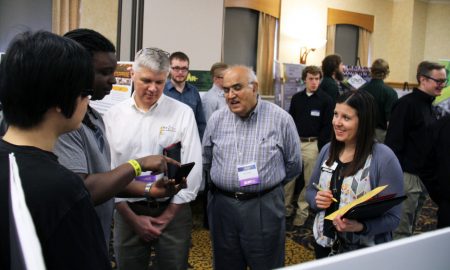
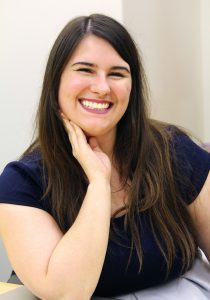
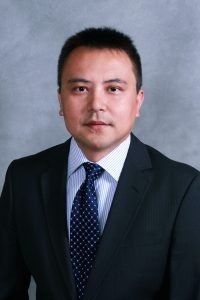
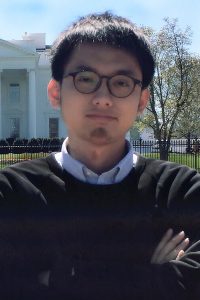
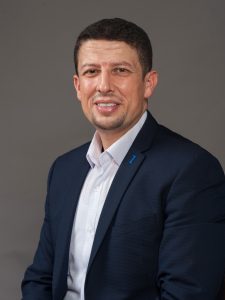
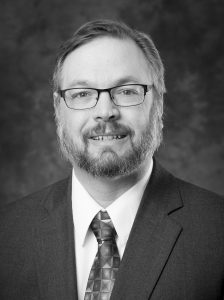
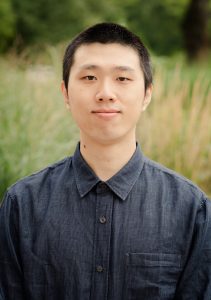
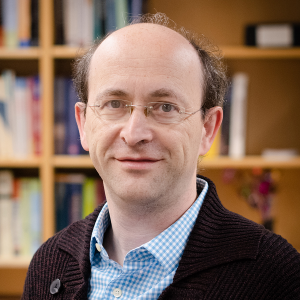

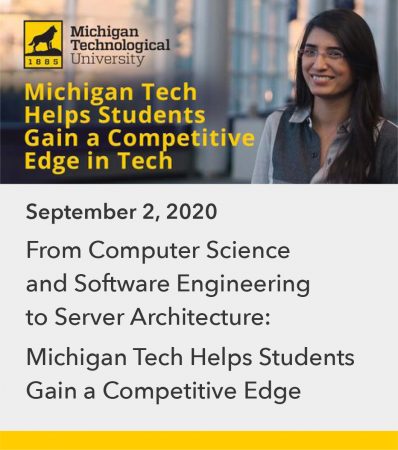
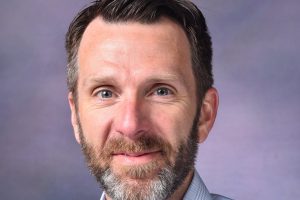
 Guy Hembroff, associate professor and director of the Medical Informatics graduate program (CC/CyberS), attended the three-day workshop, “Teaching With Impact – Innovating Curriculum With Entrepreneurial Mindset,” in Milwaukee, Wisc., this July.
Guy Hembroff, associate professor and director of the Medical Informatics graduate program (CC/CyberS), attended the three-day workshop, “Teaching With Impact – Innovating Curriculum With Entrepreneurial Mindset,” in Milwaukee, Wisc., this July.